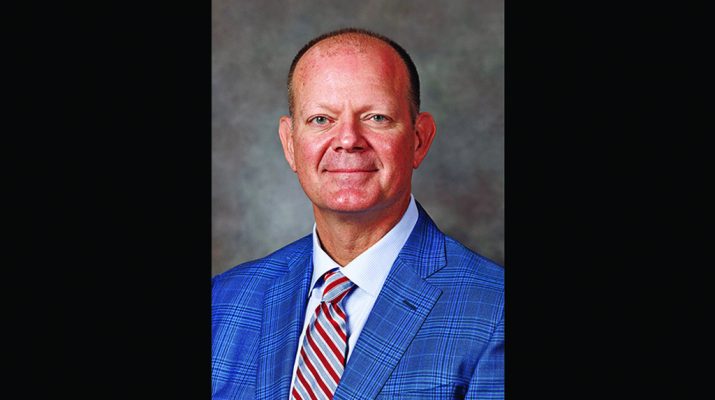In our previous newsletter, we examined the role of cloture in the legislative process, highlighting how it can either advance or halt a bill’s progress. A clear example of cloture in action this week was during deliberations on LB 3, which failed to move forward after an unsuccessful cloture vote, underscoring just how pivotal this procedure can be in determining a bill’s fate.
Legislative Bill 3 sought to return Nebraska to a winner-take-all system for allocating electoral votes, replacing the current method that allows for a split based on congressional district results. The cloture motion to end debate and advance the bill failed by a vote of 31 -18. As a result, Nebraska will maintain its current electoral vote distribution system. Nebraska’s unique approach was adopted in 1992 and is shared only with Maine. Both states allocate electoral votes based on the presidential popular vote within each congressional district, rather than awarding all votes to the statewide winner.
While cloture measures like electoral reform draw extended debate, the Nebraska Legislature also relies on more efficient processes to move non-controversial bills forward, which includes a consent calendar. This portion of the agenda is at the discretion of the Speaker and set aside for widely supported, non-controversial legislation that is expected to pass with minimal discussion.
To qualify as a consent calendar item, each bill request must be accompanied by a separate letter to the Speaker verifying that it meets the necessary criteria. Once placed on the agenda, debate on any consent calendar bill is limited to no more than 15 minutes. This time cap allows lawmakers to handle routine legislative matters efficiently, reserving in-depth debate for more complex or divisive proposals.
Together, tools like cloture and the consent calendar highlight the balance Nebraska lawmakers must strike between thorough discussions and legislative efficiency. These procedures help shape not only how decisions are made, but how swiftly those decisions come to fruition.
As always, I appreciate your continued engagement on these important topics. If you have any feedback or concerns, please don’t hesitate to reach out. Your input is invaluable in shaping the future of our district and state.

